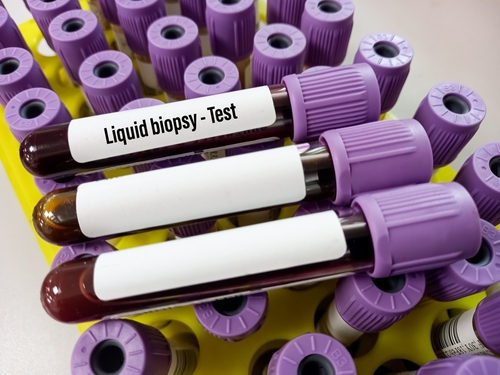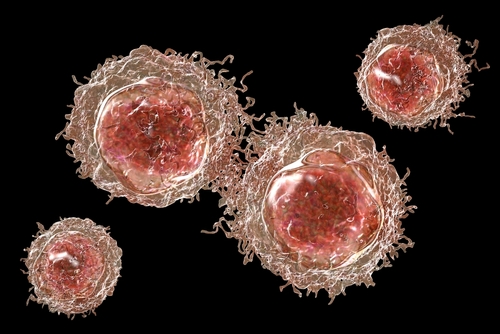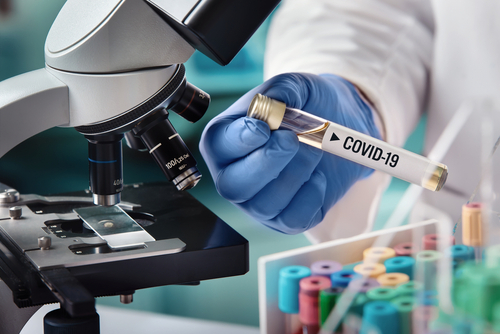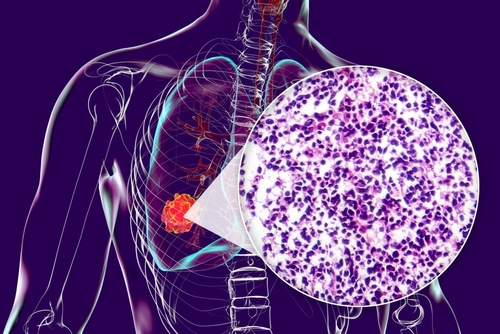
Smoking is a well-known driver of lung cancer risk, and liquid biopsies based on peripheral blood sampling have indicated promise in reducing lung cancer morbidity and mortality by enabling early detection of NSCLC. The results of a case-control study were presented at WCLC 2023 in Singapore.
Researchers identified 1031 subjects, 361 with untreated NSCLC and 670 matched controls, of whom 340 had potentially confounding comorbidities, including salient pulmonary and gastrointestinal conditions. Researchers then identified a subset of 444 subjects (155 with NSCLC and 289 noncancer controls with and without comorbidities) who were either current or former smokers. This population was balanced for age and sex at birth. Deep multi-omic profiling was performed on each subject sample across three dimensions: proteins/peptides, metabolites, and mRNA. The researchers detected 4440 proteins; 30,063 unique peptides; 111,176 RNA transcripts; and 1307 metabolites, on average, for each subject. For the purposes of classifier development, the study cohort was divided into a training set that was composed of 259 subjects and a validation set of 185 subjects.
Results showed that across all stages, the combined multi-omic classifier had a sensitivity of 85% at a specificity of 85% on the validation set. Stage I sensitivity was 80% at a specificity of 85% and stage II-IV sensitivity was 87% at a specificity of 85%, demonstrating high performance in early and all-stage detection of NSCLC in a population of current and former smokers.
“These encouraging data may serve as the foundation of a multi-omics assay for peripheral blood-based liquid biopsies for the early detection of lung cancer,” the study authors concluded.
Source: Khaledian E, Ramaswamy S, Liu M, et al. Deep multi-omic blood-based biomarker discovery in people with smoking history demonstrates high early detection of NSCLC. Abstract of a poster presented at the 2023 World Conference on Lung Cancer; September 9-12, 2023; Singapore.







 © 2025 Mashup Media, LLC, a Formedics Property. All Rights Reserved.
© 2025 Mashup Media, LLC, a Formedics Property. All Rights Reserved.